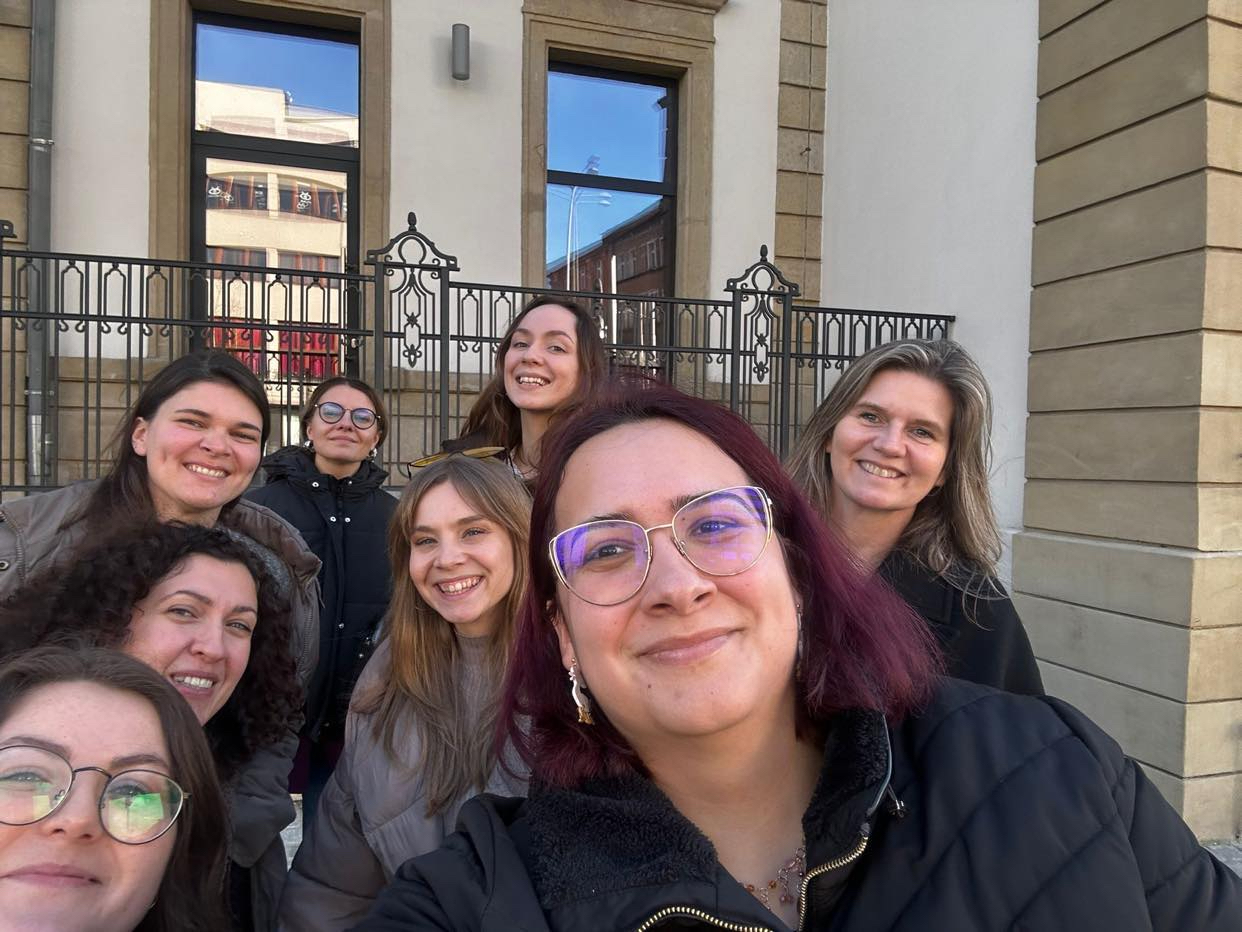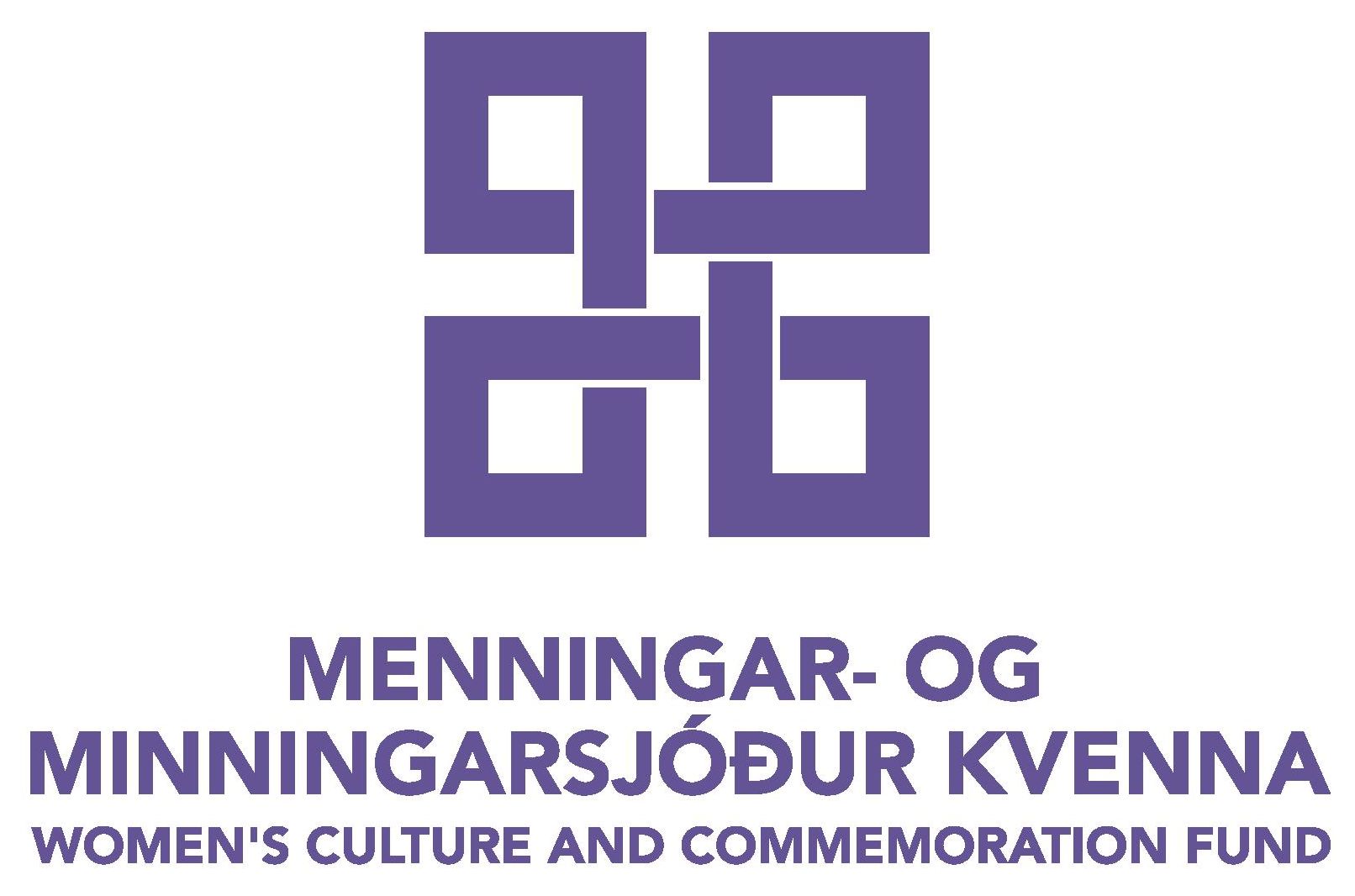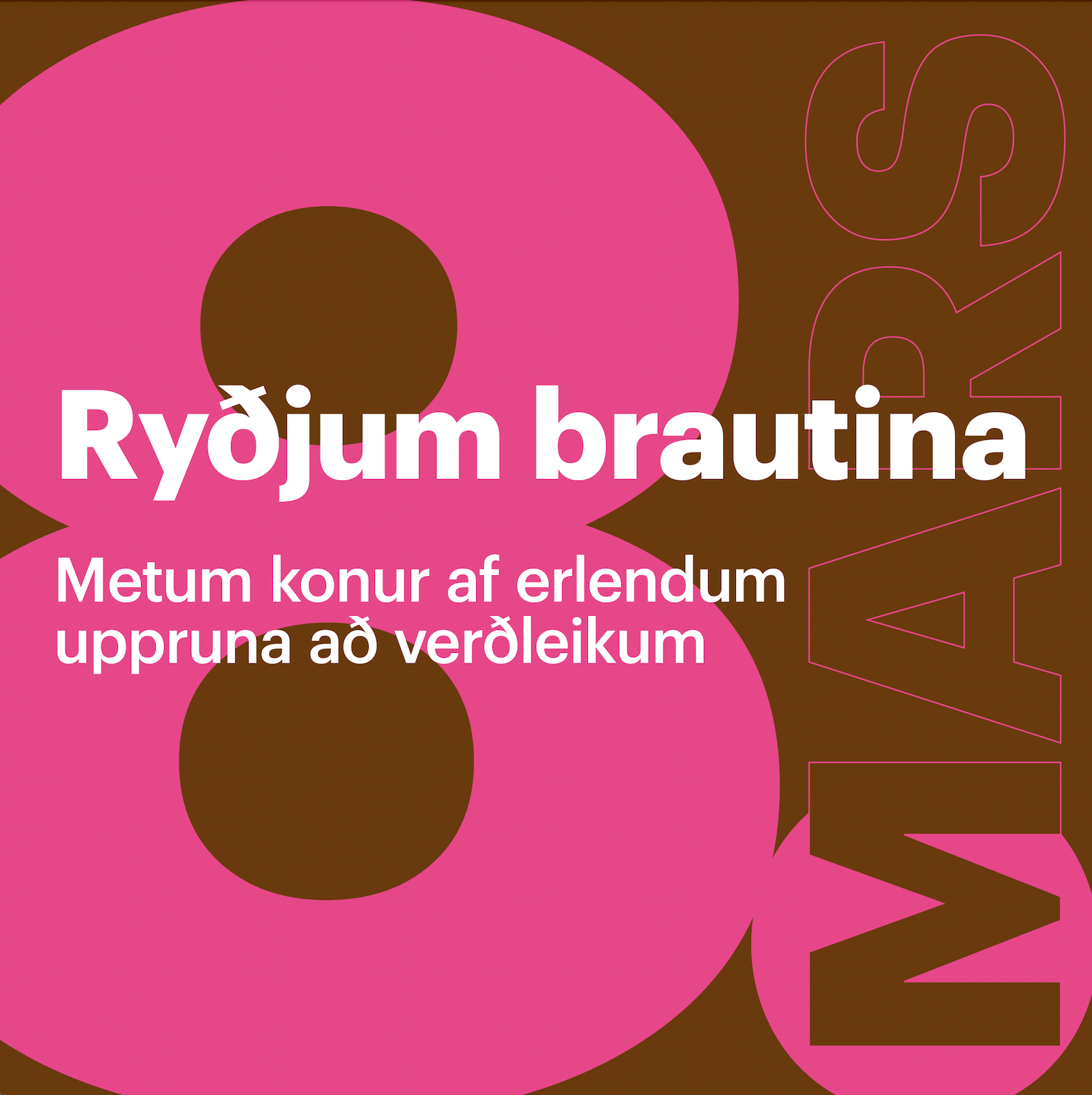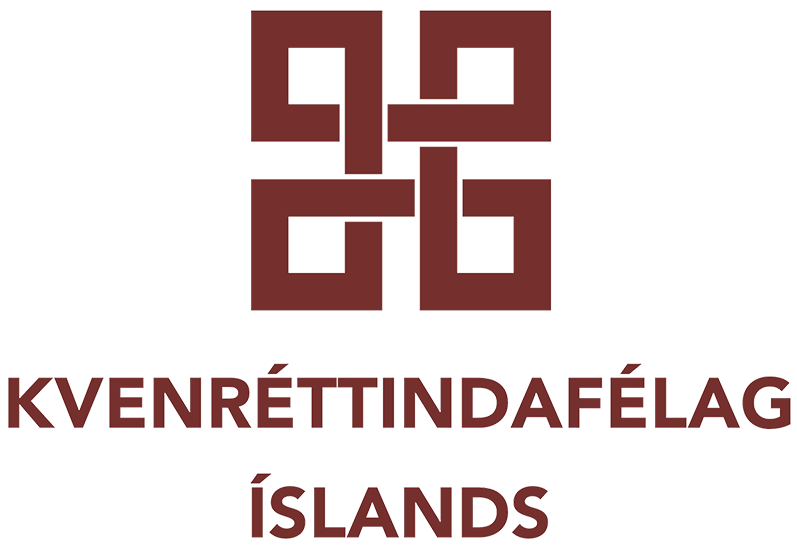
The General Assembly of the Icelandic Women‘s Rights Association 2020 has issued the following resolution:

Reykjavík, May 25th 2020
Sexual violence and harassment is a direct threat to the democratic participation of women, and therefore a direct threat to democracy in Iceland.
35.7% of members of Alþingi, the Icelandic parliament, have been harassed while working, 23.3% have had sexually suggestive photos and/or comments about them published in the media, and 29.5% have experienced repeated and threatening harassment that has caused them worry or fear. In addition, 16% of everyone working in Alþingi, both elected representatives and paid staff, have experienced sexual harassment while working or related to their work.
These are among the results of a study on the working conditions of elected representatives and paid staff in Alþingi published in 2020.
Both women and men have suffered such behavior, but it is clear that women in Alþingi are more likely to be victims of harassment and violence. Women and men working in Alþingi as elected representatives or paid staff were equally likely to report having been harassed, but 24.4% of women reported having been sexually harassed while working or related to their work compared to 6% of men.
More female members of parliament than male members of parliament have had sexually suggestive photos and/or comments about them published in the media, 31.6% of female MP‘s compared to 16.7% of male MP‘s. Furthermore, 36.8% of female MP‘s have experienced repeated and threatening harassment compared to 24% of male MP‘s.
The study also asked whether MP‘s thought that their gender negatively affected their chances of advancement in their work. 59% of female MP‘s thought that their gender negatively affected their chances of advancement compared to 17% of male MP‘s.
The study was done in the wake of a petition signed by 306 female politicians challenging society to eradicate harassment and violence in politics, published alongside accounts of harassment and violence that women have faced in Icelandic politics. The declaration and accounts were published at the end of 2017 using the hashtag #MeToo. Following that publication, a tidal wave of stories were shared by countless women in Iceland, detailing their experience of harassment and violence in the workplace.
The #MeToo wave is by no means over. Thousands of women in Iceland have signed #MeToo declarations and hundreds have shared stories of violence and harassment, but little has changed since the first accounts were made public. Women still face harassment and violence in the Icelandic labor market, and no large scale structural changes have been implemented to eradicate this violence.
The Icelandic Women‘s Rights Association was founded 113 years ago to ensure that women had equal rights to men, that they had equal rights to political participation and equal access to education, political appointments and the workplace. Even though we have come far in the past century, the basis of IWRA‘s work remains the same. The results of this study show clearly that even though women now have the same legal rights as men to political participation, they still do not have equal access to the political arena.
The General Assembly of IWRA demands that Alþingi and local authorities take immediate measures to eradicate sexual violence and harassment everywhere. Furthermore, the General Assembly of IWRA demands that political parties in Iceland take immediate measures to eradicate sexual violence and harassment within political movements.
Enough is enough. Let us stand together against sexual violence and harassment. Let us change society, together.




